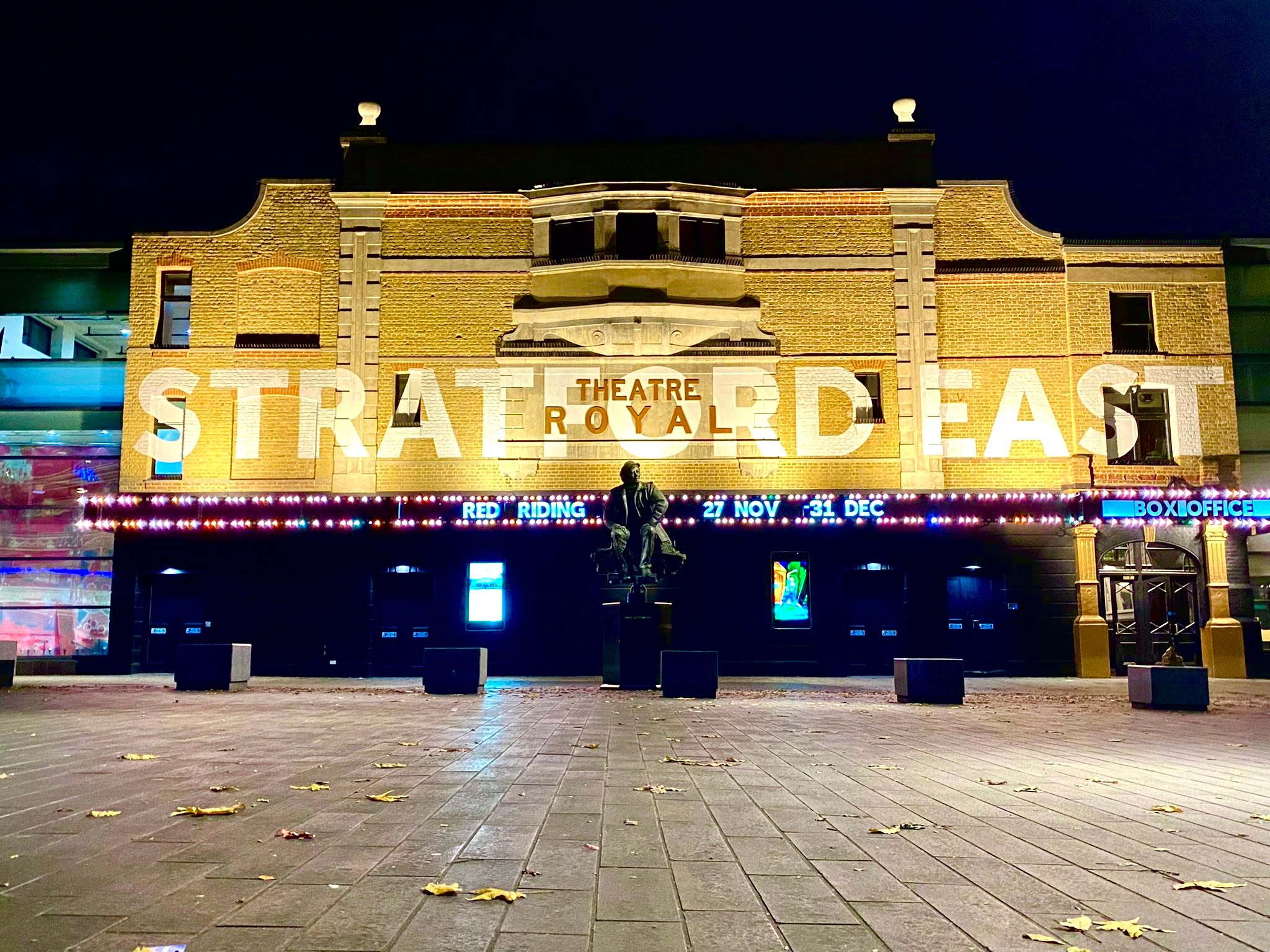A London theater has received widespread criticism for promoting one showing of a play which the venue urges White people not to attend.
The Theatre Royal Stratford East has organized a “Black Out” night on July 5 for the production of “Tambo & Bones,” a play described as a “racially charged metatheatrical satire.”
The play runs for a month during June and July, but on this date alone White people have been informed they are not welcome to attend.
While insisting on its website that “no one is excluded from attending,” the venue adds that “this performance has been arranged for Black audience members specifically” and states that the production should be enjoyed “free from the White gaze.”
Director Matthew Xia justified the discriminatory move by claiming Black people need “private and safe spaces” away from White people in order to “experience productions that explore complex, nuanced race-related issues.”
In its FAQs, the venue states the production is for a “Black-identifying” audience, before comprising a list of who it considers to be Black enough to attend.
“We define ‘Black’ as of Black African, Caribbean, Afro-Latinx and African-American heritage, including those of mixed-Black heritage who identify as such.”
The move has sparked outrage with critics warning it sets a dangerous precedent and is overtly discriminatory.
“Britain is becoming like pre-civil-rights America: segregation and division on the grounds of race. Welcome to progressivism,” tweeted trade unionist and broadcaster Paul Embrery.
Leader of Britain’s Reclaim party, Laurence Fox, remarked: “I’m so excited to see this production. If it means I have to go in blackface so that everyone feels safe. That’s a price I’m willing to pay.”
The Don’t Divide Us campaign commented that while it doesn’t consider the move to be a dangerous precedent, it did believe it to be “a very stupid and philistine one.”
“Everyone has a unique response to a work of art. We don’t need segregated audiences for that. And psychological exploration is best done in private therapy, not public theater,” it added.
Teacher and education reformer Katharine Birbalsingh CBE tweeted tongue-in-cheek: “Because the trauma from ‘the white gaze’ is too much for us black people. That’s how weak we are. We can’t take white people paying for a ticket to see our production because their evil eyes are set upon us.”
[pp id=64416]
Britain’s first Black police and crime commissioner, Festus Akinbusoye, also condemned the move.
“Society is richer and stronger when an understanding of each other’s cultures and stories are shared and heard. However, I believe the Black Out concept runs contrary to this education and enrichment ethos,” he said.
This isn’t the first time a “Black Out” night has caused controversy.
In February, the National Arts Center in Canada was subject to accusations of segregation and discrimination for doing the same thing with a production of “Is God Is.”
The phenomenon of Black-only events appears to be seeping into Western society, with a yoga workshop at Canada’s University of Guelph making headlines in November last year for prohibiting the admission of all races other than Black.





